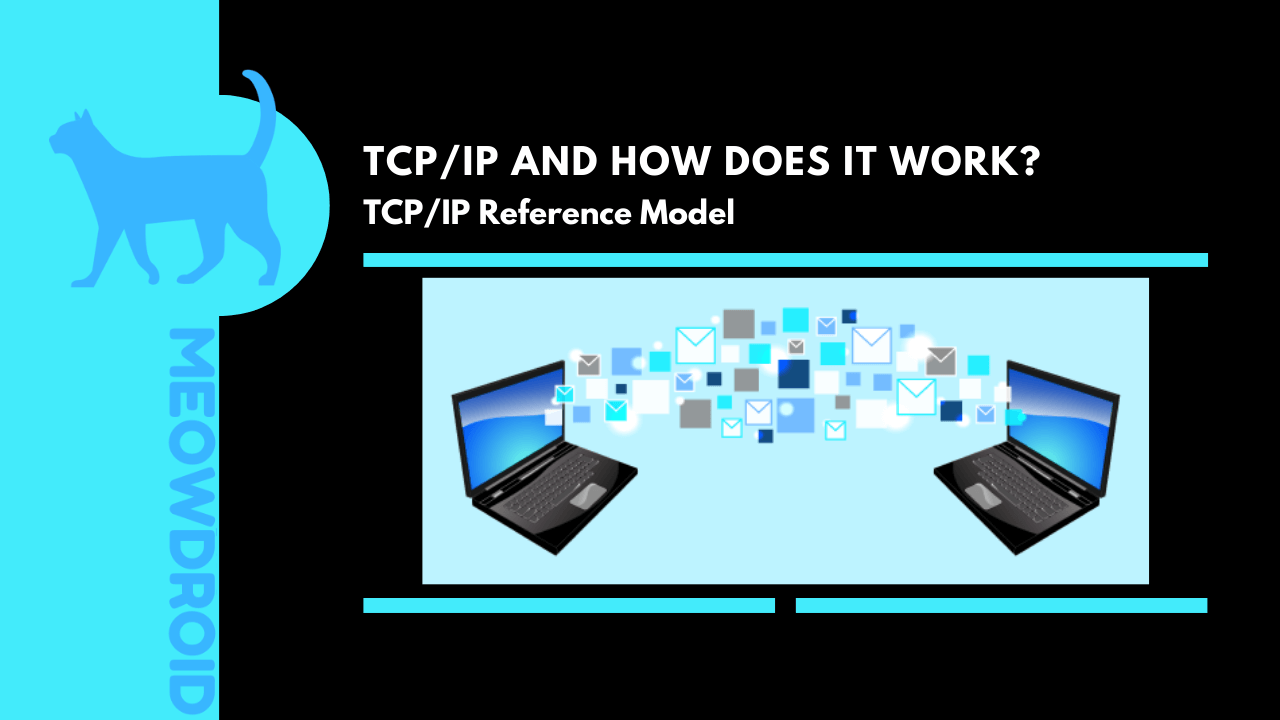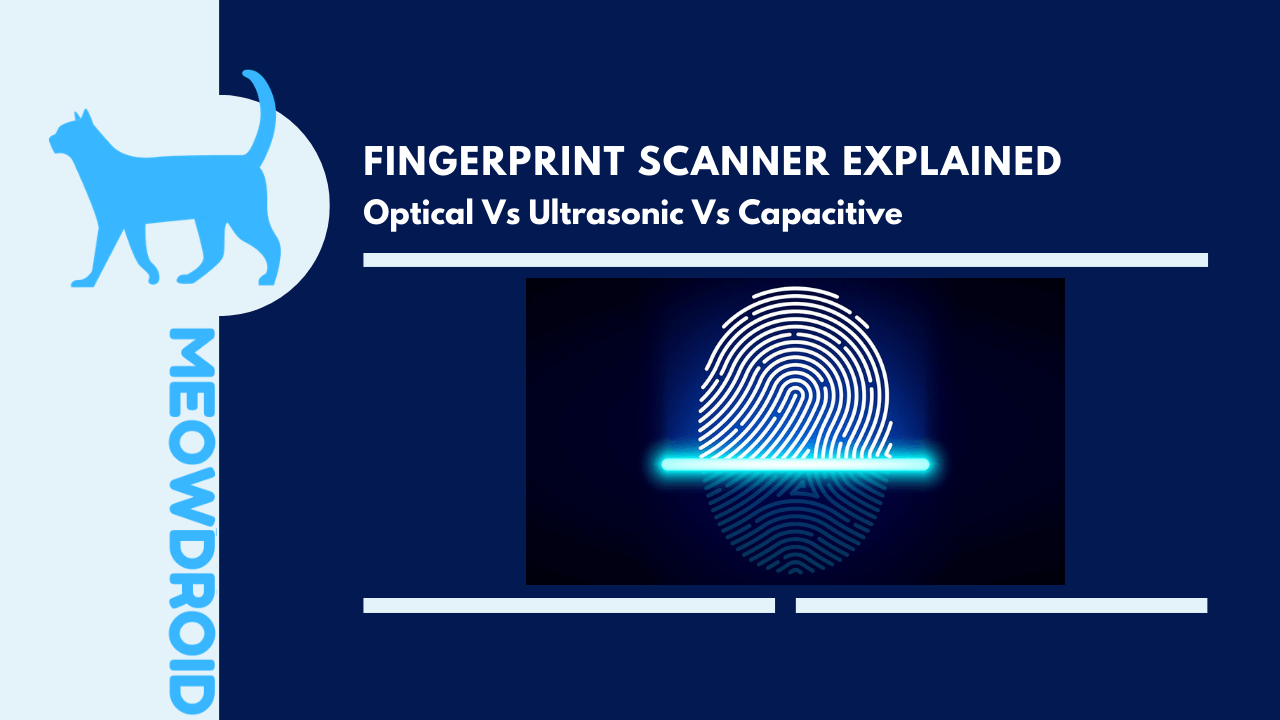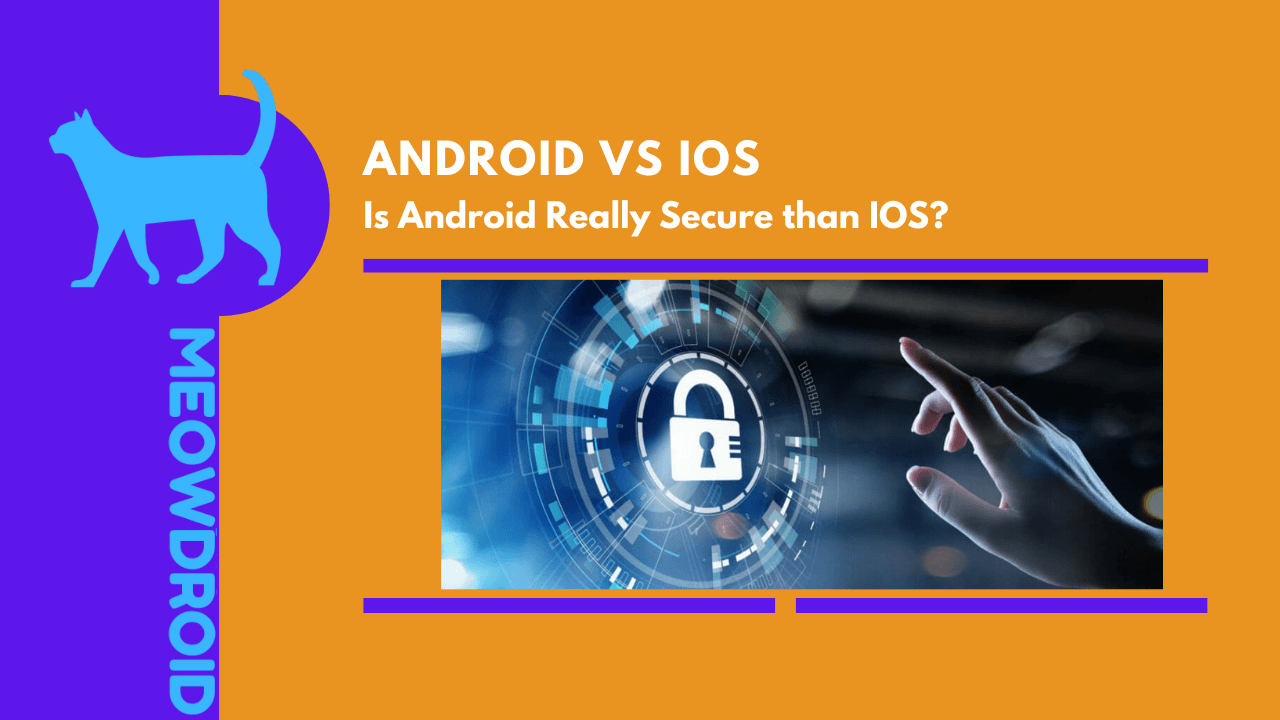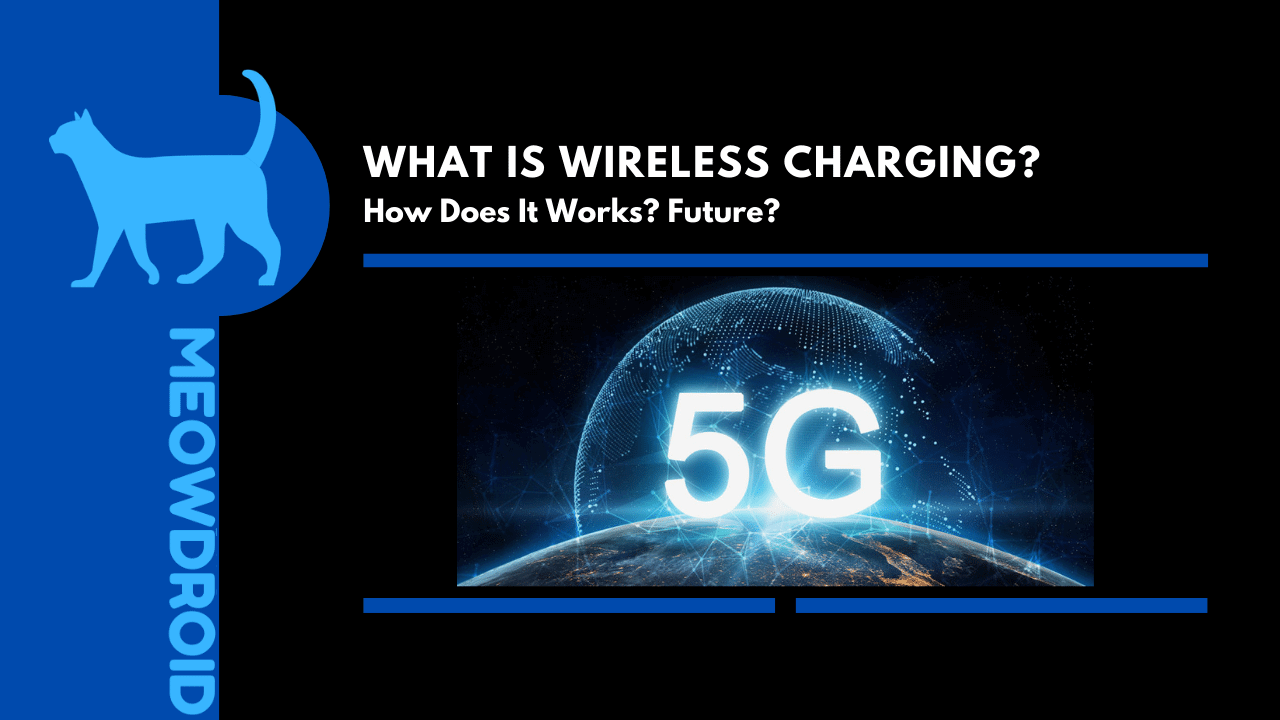Are you worried about online security and privacy? Do you also think that your personal information will be in the hands of hackers? And do you also want to keep your emails, online shopping, and bill payments secure? If yes, then it is now possible to do so because VPN is available to secure online privacy. Yes, but what is this VPN? And how can it help you? To know this, you have to read this article of Meowdroid which will help you a lot and will also give you all the details about VPN. So read this article till the last. So let’s start and know about VPN in detail.
What is VPN (Virtual Private Network)?
Surfing the web or transacting on an unsecured WiFi network means exposing private information and browsing habits. Although it sounds so dangerous to think about, VPN ( Virtual Private Network ) provides you a protected network connection while using public networks. It encrypts your internet traffic and hides your online identity. In such a situation, it will be difficult for third parties to track your online activities and steal your data.
VPN connects your PC, smartphone to the server computer, and you can browse the internet using that computer’s internet connection. VPNs are legal and are used by individuals and companies worldwide to protect your data from hackers. It is also used in countries where there is a highly restrictive government. After knowing so much about VPN, it must have been understood that it can be used for its online security on a public network, but how does this VPN work?
How Does VPN Works?
So your internet traffic passes through an encrypted tunnel that no one can see. That is, neither hackers nor the government nor your internet service provider, i.e., your data cannot be read. Let us look at two situations to understand how a VPN works, first without VPN and second with VPN.
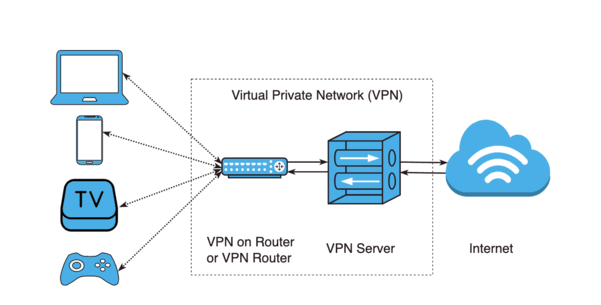
- Without: When we access the website without a VPN, that internet service provider can connect to the site through the ISP. ISP gives us a unique IP address but because ISP directs and handles all our traffic. He can trace the websites we visit. So, where is our privacy secured? Let’s talk with VPN.
- With: When we connect to the Internet with a VPN, the Virtual Private Network app on our device is also called a VPN client, and it establishes a secure connection to the VPN server. Our traffic still passes through the ISP, but the ISP cannot see the final destination of this traffic, and the websites we visit cannot see our original IP address. Well, why was a VPN needed?
Why do we need a VPN, and When?
It was first developed by Microsoft in 1996 so that remote employees, i.e., employees who do not work sitting in that office but work from anywhere while living outside it, can get secure access to the company’s internet network. But by doing so, the company’s productivity doubled, so other companies also started adopting VPN.
So when should we use VPN? The next question and the answer to this are that if privacy is very important for you, then you must use it every time you connect to the Internet. But still, there are some situations in which you must definitely use a Virtual Private Network, such as while streaming, traveling, using public Wi-Fi, playing games, and shopping. It was interesting to know how it works and when to use it. But now we know further whether there are different types of VPN as well.
Do VPNs are of Different Types?
Yes, there are two basic types of VPN; Remote Access and Side to Side.
- Remote Access: The remote access medium allows users to connect to other networks through a private encryption tunnel. Through this, it can be connected to the company’s Internet servers or the public Internet.
- Site-To-Site: Site-to-Site is also called Router to Router VPN. This type is mostly used in corporate environments, especially when an enterprise has its headquarters at several different locations. In such a situation, a site-to-site VPN creates such a closed internal network where all the locations can be connected simultaneously. This is called intranet.
Pros And Cons Of VPN

If you look at the benefits of VPN together, it hides your browsing history, IP address, streaming location, devices, and web activity. But it also has some disadvantages along with benefits such as comparatively slow speed, no cookies protection, and not total privacy. Despite being so secure, VPN cannot be called a complete privacy provider because it can hide data from hackers, government, and ISP, but he can see your details if the provider himself wants. So in such a situation, it is better to take the service from a trustworthy VPN provider, and you will get to know the right provider through these points.
- Offer VPN Efficient Speed
- Keep Your Privacy Secure
- Provider Should Use Latest Protocol
- Should Have Good Reputation
- Data Limits Match Your Requirements
- You Know The Server Location
- You Can Have VPN Access On Multiple Devices
- Cost Should Be Suitable
- Highest Encryption Available
- Best Customer Support
- Should Offer Free Trial
- Have The Facility To Block The Ads
Can VPN Be Connected With All Devices?
Let us know that all such devices that can connect to the Internet can use VPN and most of the providers provide this service on multiple platforms which can be used on Laptops, Tablets, Smartphones, Voice Assistants, Smart Appliances, and Smart TVs. Many top providers also provide a free version of their VPN, but the free version may have limitations such as data limits.
At the same time, some providers provide a free trial of the paid version. In such a situation, it is an obvious thing to see the budget while taking a VPN. But it must be kept in mind that the VPN definitely provides you with basic features: privacy. ExpressVPN, Tunnel Wear, and StormVPN are some of the sites from where you can download and get free trials of VPN clients for your Windows, PC, Mac, Android, iPhone, and iPad. Let us tell you for an idea that the monthly plan of ExpressVPN is $12.95, and the annual plan is $8.32 per month.
Conclusion
Guys, with this, all the important information related to VPN has been completed. We consider it necessary to tell you one more thing here: these services like VPN are to give us online security and privacy so that we can use them to our advantage. But taking advantage of it in any kind of illegal or unethical work can also harm us. So keep walking in the right direction because the destination is still far away, but consider it lucky that the journey is on. Meowdroid hopes this information has been useful to you, and do not forget to share it with others. How did you like the article tells us in the comment section, and also what do you want to know about next.
